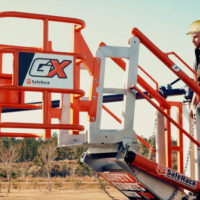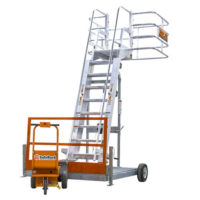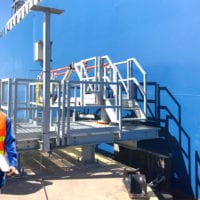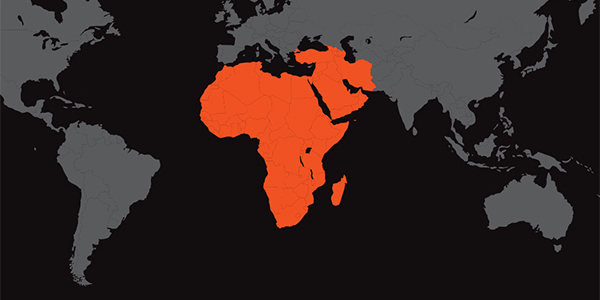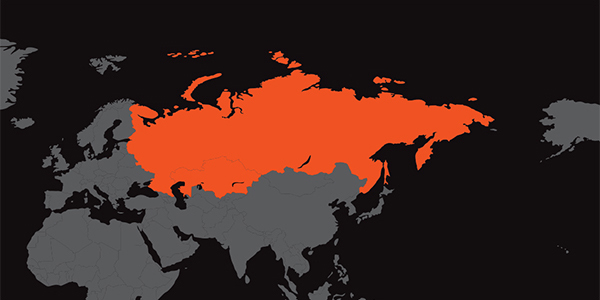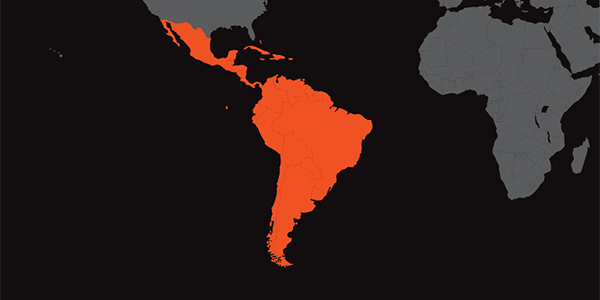A procedure standard in industries like petroleum refining, pulp and paper, power generation, and bulk chemical handling, deaeration means separating the water from non-condensible gases, primarily oxygen, during the process of steam generation. In actuality, the deaerator is often connected to a storage vessel in a tanker truck or may be separated from it to form a single component.
Though dissolved gases and low pH levels in liquids can be managed or eliminated with the addition of chemicals, mechanical removal of these gases is more cost-effective and thermally stable. Deaeration is a functional mechanism that can significantly lengthen the lifespan of a pressure vessel. Because of the amount of suspended oxygen of the feedwater, rusting in pressure vessels occurs quickly, diminishing the safety of tanker trucks. As carbon dioxide dissolves in water, it causes a drop in pH and the formation of corrosive carbonic acid — low pH water levels in the vessels resulting in extreme acidity that has a corrosive action.

The deaeration process is based on two scientific principles. Henry’s Law can describe the first principle. According to Henry’s Law, in a liquid solution, the gas solubility is strictly proportional to the partial pressure. As a result, if we apply steam to the deaerator to lower the partial pressure of the dissolved gas, its solubility reduces, and the gas moves away from the water.
The second science-based principle behind deaeration deals with how different soluble substances are at given temperatures. Simply put, things get easier or more challenging (depending on what you’re trying) to pull apart depending upon temperature changes like those between 16°C.
The application of deaeration in the petroleum refining industry, for example, where water can be a contaminant in almost every aspect of the petroleum sector. The cost-effective deaeration process is an essential part of the industry’s operations to maintain its oil quality.



